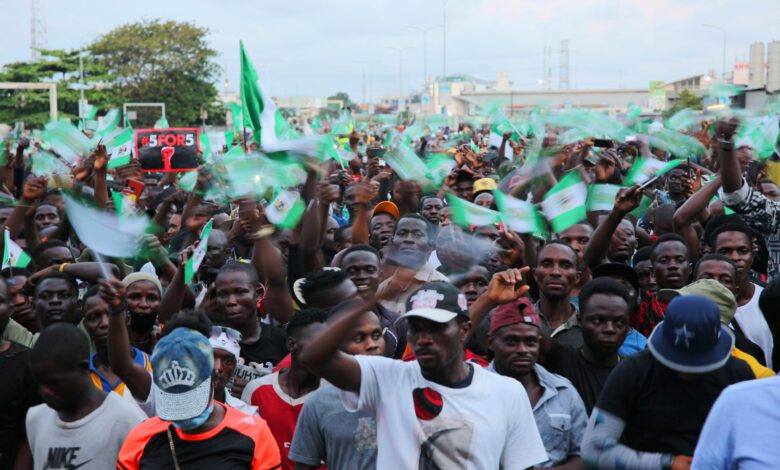In response to escalating economic hardships exacerbated by surging inflation and a series of government policy changes, Nigeria is bracing for widespread protests scheduled for August. It is up to the government to determine a response that will not make matters worse.
The Carnegie Endowment’s Global Protest Tracker has highlighted a significant increase in economic protests across the country, with citizens mobilising under the banners of labour unions, trade associations, and pro-reform organisations.
These groups are advocating for urgent government intervention to address fundamental issues such as low wages, income inequality, and systemic corruption, which have been further exacerbated by recent economic policies.
The planned demonstrations have gained momentum amidst soaring prices of essential goods and services, a direct consequence of policies like the removal of petrol subsidies and the unification of forex exchange rates. This economic strain has particularly burdened ordinary Nigerians, prompting them to voice their grievances through peaceful protests despite warnings from security agencies.
While concerns about potential violence and external interference persist, Nigeria’s constitution explicitly guarantees the right to peaceful assembly and protest. This constitutional protection underscores the importance of citizens’ voices in a democratic society, allowing them to hold the government accountable and demand meaningful reforms.
In the midst of preparations for the protests, traditional leaders including the influential Ooni of Ife, Oba Adeyeye Enitan Ogunwusi, have urged restraint and appealed to aggrieved youths to give the government more time to address the economic challenges. Oba Ogunwusi emphasised that the economic hardships faced by Nigerians are part of a global phenomenon and suggested patience in allowing the government space to implement corrective measures.
Beyond the immediate concerns over protests, there is a growing consensus among stakeholders that effective governance must prioritise the welfare of all Nigerians, both in urban centres and rural communities.
This sentiment underscores the broader societal demand for policies and programs that directly benefit the populace, ensuring inclusive participation in governance and equitable distribution of resources.
As the nation prepares for the upcoming protests, the outcomes are expected to shape public discourse and influence policy decisions aimed at alleviating economic hardships and fostering sustainable development across Nigeria.
The resilience and determination of Nigerian citizens to exercise their democratic rights reflect a pivotal moment in the nation’s quest for social justice and economic reform.
There is a pressing call for the government to react responsibly to the protests, listening attentively to the concerns raised by its citizens. Responsible governance entails not only acknowledging grievances but also committing to transparent dialogue and concrete actions that address the root causes of economic distress. This approach is crucial for restoring public trust and ensuring stability amidst growing unrest.

